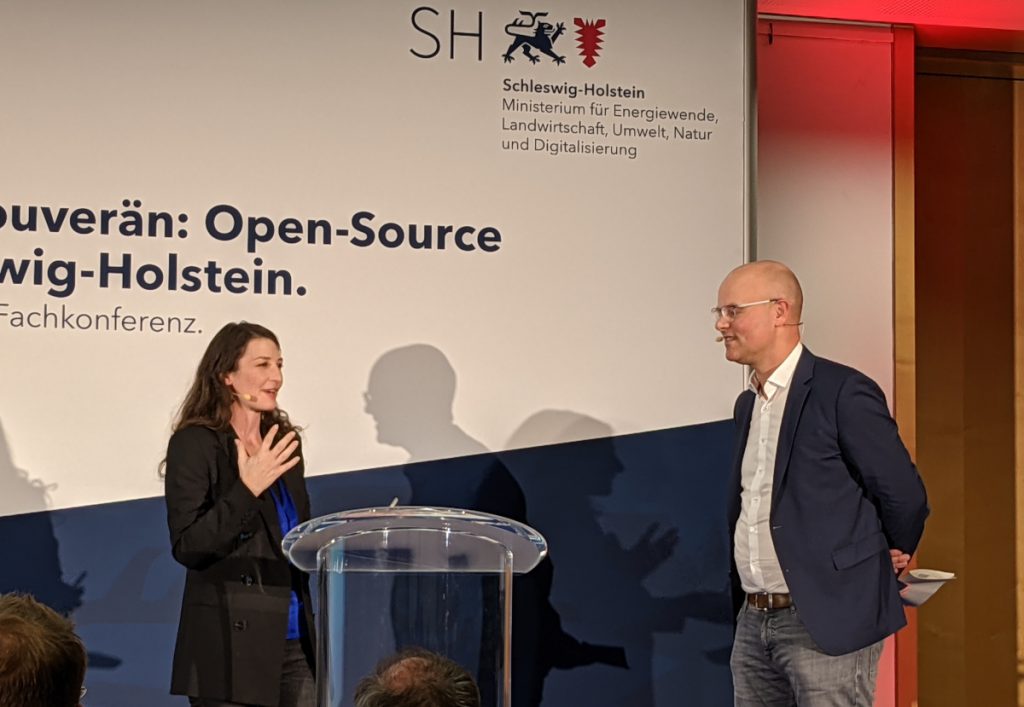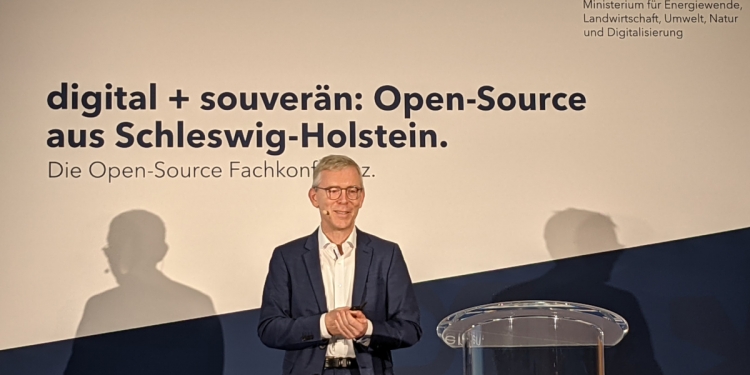Free and open source software might not get the same levels of recognition as the branded programs and software it tries to emulate, but it is a great alternative to those who lament the high costs of paid software. You also get the benefit of being able to see what’s exactly in the program you’re installing. Perhaps then it’s why the German state of Schleswig-Holstein wants to replace Microsoft Office with the open source alternative LibreOffice on the 25,000 PCs of their civil servants and employees, such as teachers, by 2026.
According to the state’s Digital Minister Jan Philipp Albrecht, the move comes as the licensing fees for Microsoft Office continue to rise. They also want to adapt the benefits of going open source with the digitisation of their government, which is that it offers them much more flexibility than proprietary software would. Albrecht gives the example of being able to design the education portal for their schools to their liking as they were using open source alternatives already. They were also able to adapt to video conferencing during the pandemic faster than most, as they had their own video conferencing software based on Jitsi ready.

LibreOffice is currently one of the more popular alternatives to Microsoft Office out there. It’s based on OpenOffice and the free and open source program offers a significant amount of compatibility with Microsoft Office. Document Foundation, the non-profit behind LibreOffice have commended the German state’s move too. In a blogpost on their website, they state:
“We at the Document Foundation are pleased that LibreOffice is being used in public institutions, and hope that more federal states, governments and other organisations around the world will join the migration,” – The Document Foundation
There’s also plans to go further and totally end Schleswig-Holstein’s reliance on Microsoft Windows too. Albrecht had mentioned that there are plans to ditch Windows altogether and replace it with a Linux-based option. One reason behind this appears to be the high hardware requirements of Windows 11, which a Linux distro won’t have. There’s no word yet though on when this will happen and what Linux distro they’ll use, but so far Albrecht says they’re currently testing out five different Linux distros to determine the best for the state’s PCs going forward.
Curiously though, this isn’t the first time Germany has toyed with the idea of going open source. Back in 2003, the city of Munich decided that they will switch the city’s computers from Windows NT to an open source Linux-based option. However, that plan was met with a number of delays and issues, with their original target of converting 14,000 PCs by 2005 was only completed by 2013. To make things worse, users weren’t happy with the unfamiliar software, and the LiMux project as it was known ended in 2017 when Munich decided to revert back to Windows 10.
Funnily enough, Munich has recently decided to switch to open source software again, with it being one of the promises of a newly elected coalition of politicians in the city. Nevertheless, with a German state this time backing the move to free and open source software, it’s a big push forward for open source software as a whole.








